Late last week, Google announced that its Equiano undersea cable, which successfully landed in Togo last month, has arrived in Lagos, Nigeria, marking the cable’s second stop along Africa’s Atlantic coast.
Back in 2019, when Google introduced Equiano, the company said that the subsea cable upon completion, will start in western Europe and run along the West Coast of Africa, between Portugal and South Africa, with branching units along the way that can be used to extend connectivity to additional African countries.
The technology giant says it is partnering with multiple key telecom players, including its landing party, the West Indian Ocean Cable Company (WIOCC), where Equiano lands to ensure that the cable can reach more businesses and end-users across Nigeria and the African continent.
Faster Internet Speeds, Lower Internet Prices
According to a recent economic impact assessment conducted by Africa Practice and Genesis Analytics, Equiano is expected to result in faster internet speeds, improved user experience, and lower internet prices.
For example, Internet speeds in Togo are expected to more than double from 10 Mbps in 2021 to 21 Mbps in 2025, while Internet speeds in Nigeria are expected to increase by almost six times from 11 Mbps in 2021 to 65 Mbps by 2025.
Per the report, retail internet prices are forecast to decline by 14% over the same period in Togo, while in Nigeria are forecast to decline by 21% over the same period.
According to the economic assessment, improved speeds and lower prices are expected to boost internet penetration by 5.1% in Togo and by 6% in Nigeria between 2021 and 2025.
The Equiano subsea cable is also expected to indirectly create 37,000 new jobs in Togo and 1.6 million new jobs in Nigeria driven by the growth of the digital economy and peripheral sectors, between 2022 and 2025, according to the report.
The Undersea Cable’s Lengthy Route
The cable, which is running along the West Coast of Africa, between Portugal and South Africa, will land in Namibia by May 2022 and in Cape Town, South Africa by June 2022, according to Google.
Openserve, a division of South African telecom Telkom, will offer terrestrial services connecting the Equiano cable, which will connect South Africa and Portugal (with onward connections into Europe), branching into St Helena Island in the South Atlantic as well as to Namibia and Nigeria.
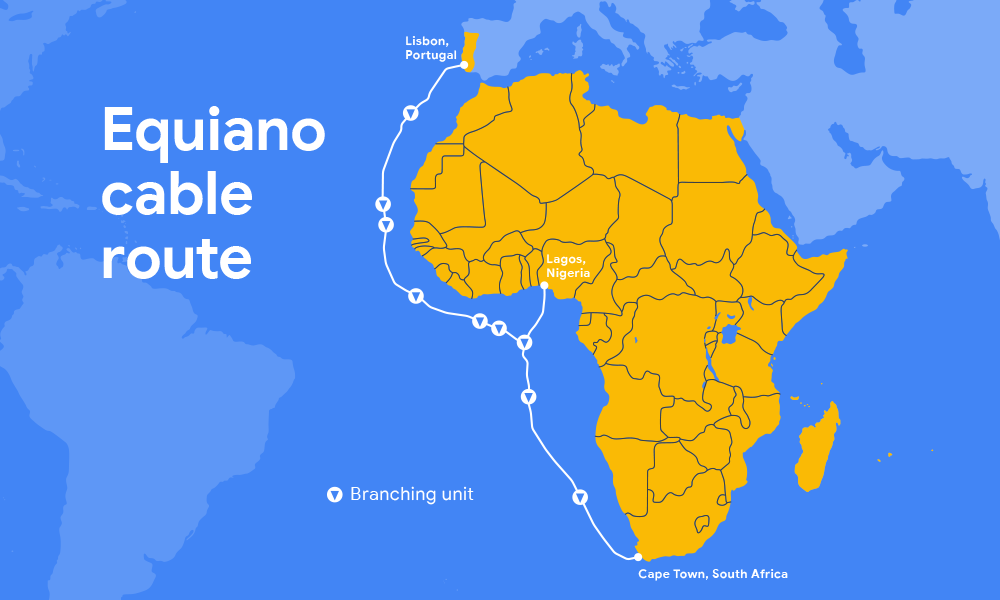
The company will serve as Google’s landing station partner in South Africa, while telco Paratus Group’s Namibian subsidiary will serve as the landing partner in Namibia.
The Equiano cable system, which is expected to be ready for service in the fourth quarter of 2022, would create an estimated 180,000 jobs in South Africa between 2022 and 2025.
Edited by Luis Monzon
Follow Luis Monzon on Twitter
Follow IT News Africa on Twitter
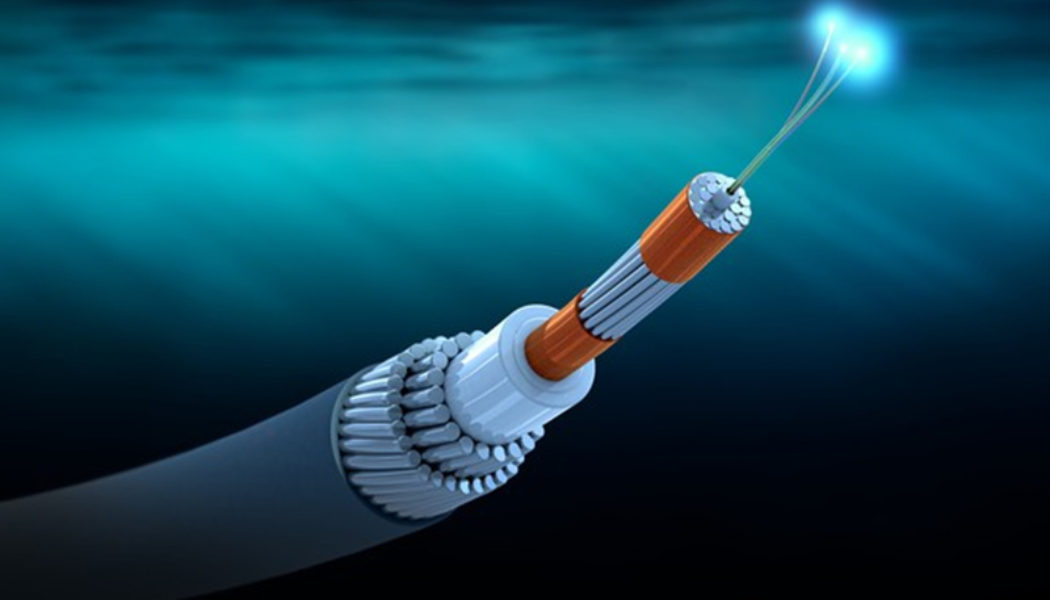

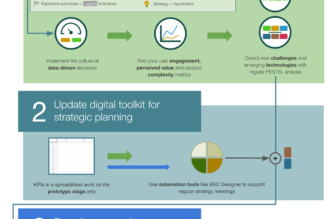
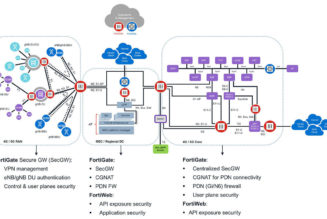



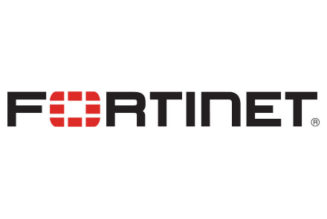
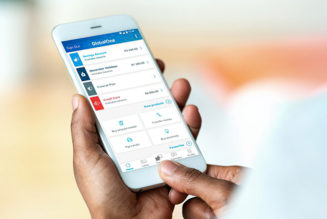
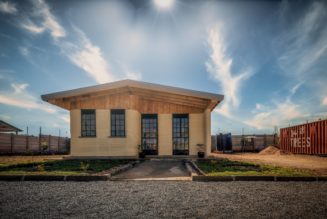
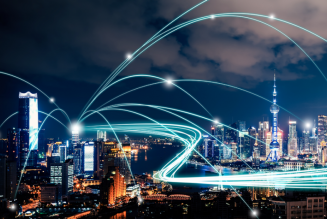
Tagged: Google Equiano Cable, Google Internet Speed, Google Sea Cable, Google Undersea Cable, Internet Price Nigeria, Internet Speed Nigeria, internet speeds, Internet Speeds Africa, IT News, Latest Tech News Africa, Mobile and Telecoms, Nigeria tech news, Subsea Cable Africa, Subsea Cable Nigeria, tech news, technology news, Top Stories, Undersea Cable Africa, West Africa